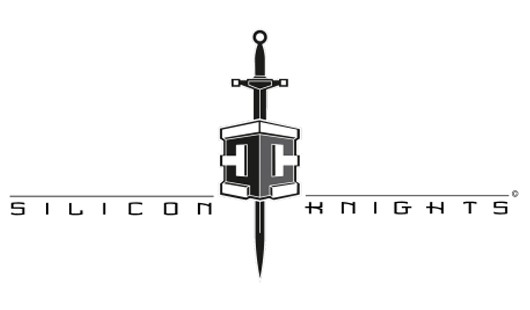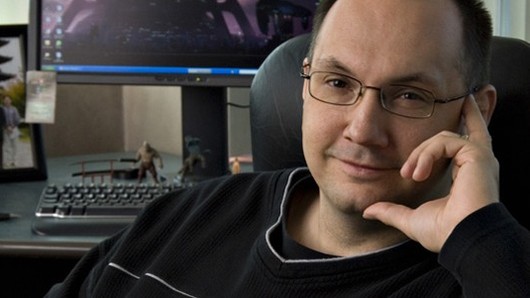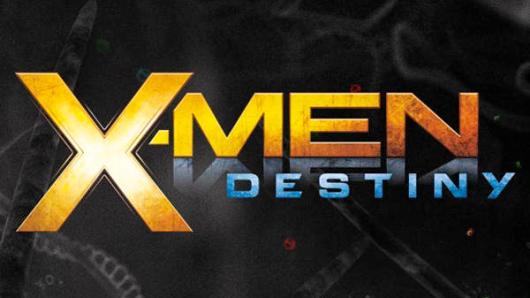Judge excludes Silicon Knights' expert testimony in suit with Epic
A federal judge’s ruling in the ongoing “Too Human” lawsuit brought against Epic Games does not bode well for developer Silicon Knights. (The case was granted a federal jury hearing back in May of this year.) In it, Chief District Judge James Dever III, excludes the testimony of Silicon Knights’ expert witness Terry Lloyd, a Certified Public Accountant and Chartered Financial Analyst retained to provide an expert opinion on the damages alleged in the suit.Too HumanThe court documents offer a rather scathing assessment of Lloyd’s assertions, particularly the methodology he used to achieve them. The ruling finds him “not qualified,” and asserts that his methods of assessment are “unreliable and speculative,” and “do not fit the facts of the case.” The documents also describe Lloyd’s findings as “his own subjective conclusions about an industry in which he had no prior knowledge or experience.” As a prime example, Lloyd claimed that the genre and marketing of a game play a key factor in overall sales; however, he used games with unlike genres or budgets for his comparisons.According to information in the court documents discovered by The Escapist, Lloyd had broken down his assessment of the damages into the following six categories:Lost royalties due to decrease sales ($6.2 mil)Lost publisher bonus ($750k)Lost ancillary royalties ($810k)Lost profits from sequels ($16+ mil for Too Human II, $14+ mil for Too Human III) and another Sega title, The Ritualyst ($8+ mil)Cost to develop a new engine ($2.3 mil)Economic harm to Silicon Knights’ reputation ($8.9 mil)
Lloyd’s estimated costs for game engine development were also thrown out, given that Sega and Microsoft repay those types of related costs to the developer. The court documents also include the revelation that Silicon Knights is working on development plans for the games King’s Quest and Sandmim, and has also engaged in talks with publishers Vivendi, Namco, Capcom, and THQ.The lawsuit, originally filed in 2007 against Epic Games, seeks $58 million in damages related to the development and marketing of Too Human. Dollars for fallout and damage to the developer’s reputation after the game was released are also included in the staggering figure. We reported that Silicon Knights is also claiming that Epic “defrauded” it and other developers about the limitations of Unreal Engine 3. We even found out what some other developers thought about the Dyack’s claim at the time.In what would seem to be a textbook example of a slippery slope, Silicon Knights is also seeking damages for two (unmade) Too Human sequels, which it claims became an impossibility after Microsoft cancelled negotiations due to Too Human’s delayed release and poor sales. (However, it’s worth noting that as recently as last May, Silicon Knights’ Denis Dyack said that the team still intends to complete the trilogy.)Epic fired back with a counter-motion shortly thereafter. “Having exploited Epic’s intellectual property to its advantage, Silicon Knights now seeks to renege on its payment obligations under the License Agreement,” it reads. “It is Silicon Knights, not Epic, that has engaged in deceit, infringement of Epic’s intellectual property rights, breach of contract, and unfair business practices.”This latest ruling doesn’t mark the end of the Silicon Knights vs. Epic Games lawsuit saga, but it sure seems to put a serious damper on the Too Human developer’s claims for damages. The beleaguered developer also recently laid-off half of its 90-person staff, and still has a promised “prototype” game project it’s supposed to be developing using government funding.
![Epic: Silicon Knights lawsuit over, ‘jury finds for Epic on all counts’ [Update: Epic awarded $4.45 million], Game Crazy](http://gamecrazy.com/wp-content/uploads/2012/05/1338418841gavelheaderimg530px15125.jpg)





